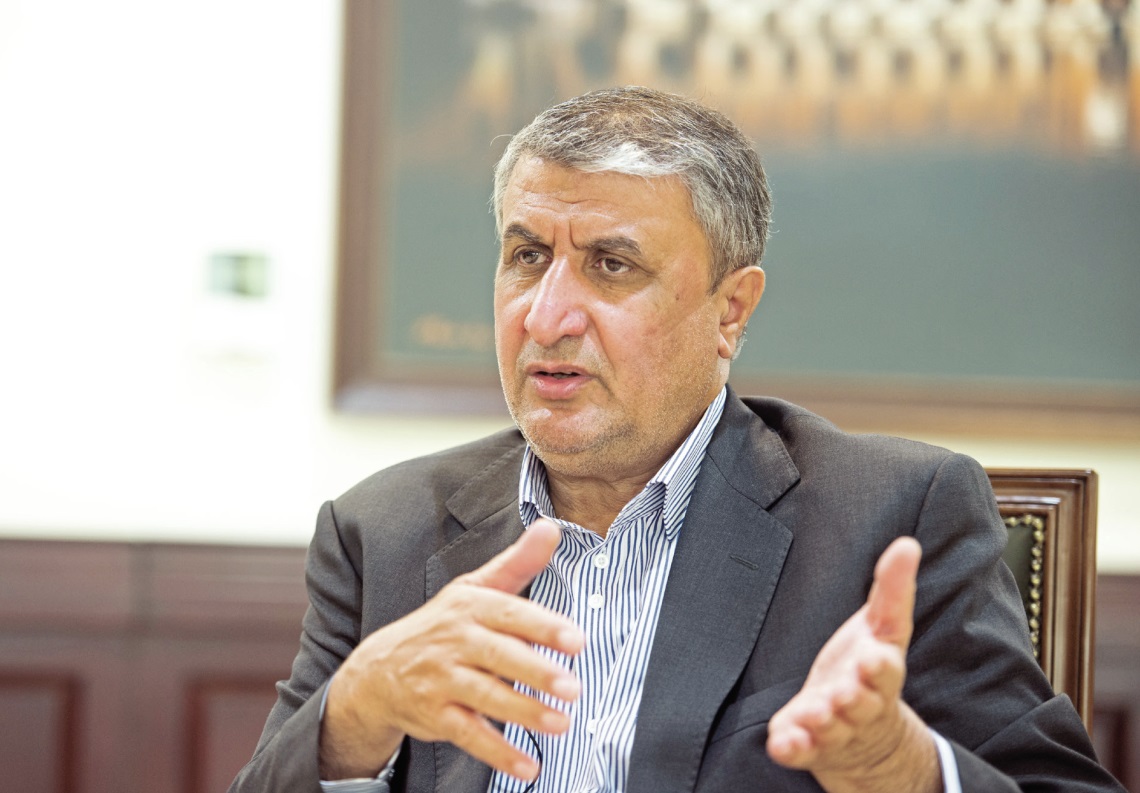BAKU, Azerbaijan, May 17. Claims that Tehran’s nuclear program—particularly its uranium enrichment efforts—is aimed at developing atomic weapons reflect an unprofessional and misguided view, Iranian Vice President and Head of the Atomic Energy Organization of Iran (AEOI) Mohammad Eslami said, Trend reports.
Speaking at a joint meeting in Tehran on May 16 organized by the AEOI and attended by a delegation from the Pugwash Conferences on Science and World Affairs, Eslami stressed that some countries approach Iran’s nuclear activities through political adventurism, aiming to obstruct its development.
He added that Iran has repeatedly declared that its nuclear program has no place in its defense doctrine and that it has not pursued nuclear weapons, despite all pressures and threats.
According to Eslami, Iran’s nuclear technology, capabilities, and objectives are fully transparent and focused on addressing national needs. He emphasized that Iran’s nuclear activities remain under constant monitoring by the International Atomic Energy Agency (IAEA), stating, “No country in the world is supervised by the IAEA as thoroughly as Iran.”
“In 2024 alone, the IAEA conducted more than 450 inspections, with 25 percent of them carried out at Iran’s nuclear facilities. And yet, Iran’s nuclear share globally is just about 3 percent,” Eslami added.
Iran has officially affirmed that its strategy is not to pursue the development of an atomic bomb and that it does not support the production of weapons of mass destruction.
On January 16, 2016, the JCPOA came into force between Iran and the P5+1 group (US, Russia, China, the UK, France, and Germany) regarding Iran’s nuclear program. However, on May 8, 2018, the US withdrew from the Joint Comprehensive Plan of Action (JCPOA) between Iran and the 5+1 group (Russia, China, the UK, France, the US, and Germany) and imposed new sanctions on Iran starting from November 2018.
By the end of 2020, the Iranian parliament decided to pursue a strategic plan in the nuclear sector to counter the sanctions, leading to a suspension of additional steps and the Additional Protocol as per the nuclear agreement.
Consequently, the International Atomic Energy Agency (IAEA) faced a reduction in monitoring capabilities by 20–30 percent.







